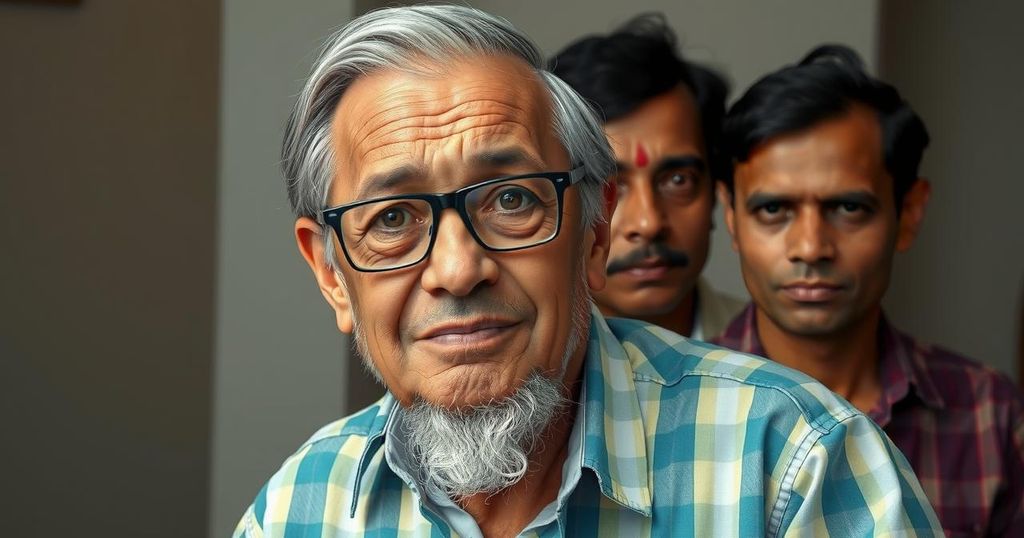George Soros has been deemed controversial in India, particularly after receiving the Medal of Freedom from President Biden. Indian leaders have criticized him, accusing him of undermining India’s democratic fabric, and linking him to calls for an independent Kashmir. The BJP has amplified these sentiments, suggesting that Soros’s affiliations with Congress pose a threat to national security.
George Soros has emerged as a highly controversial figure not only within the United States but also in India, where he has been publicly criticized by political leaders such as External Affairs Minister S. Jaishankar, who labeled him as “old, rich and dangerous.” Recently, Soros was honored with the Medal of Freedom by President Joe Biden, alongside 18 others, a decision that sparked significant backlash from supporters of President-elect Donald Trump, including remarks from prominent figures like Elon Musk and Donald Trump Jr.
Soros’s reputation in India is further complicated by accusations of alignment with causes perceived as undermining national stability. Critics accuse him of endorsing an independent Kashmir, using his organization, the Open Society Foundation, as a platform for these views. Additionally, during the Munich Security Conference in February 2023, he suggested that Prime Minister Modi’s connection with industrialist Gautam Adani could weaken his government’s control, inciting further discontent among the ruling party’s supporters.
Senior officials from the ruling Bharatiya Janata Party (BJP), including Union Minister Smriti Irani, claimed that Soros is intent on sabotaging India’s democratic framework to serve his interests. The BJP has launched vigorous attacks against the Congress party, alleging that prominent Congress leaders, including Sonia Gandhi, are aligned with foreign entities like Soros, contributing to foreign influence in India’s political landscape. During a parliamentary debate, the BJP articulated that this association raises national security concerns, alleging that it reflects how external forces may affect India’s internal affairs.
Specific accusations targeted Congress’s financial dealings, with claims that Soros has supported initiatives linked to the party, including the Bharat Jodo Yatra led by Rahul Gandhi. In response, Congress leaders have criticized the BJP’s attempts to ridicule historical figures such as Dr. B.R. Ambedkar by juxtaposing his image with that of Soros in social media campaigns.
George Soros is a prominent investor and philanthropist, known for his active engagement in political and social causes worldwide. His advocacy for liberal democratic principles has often put him at odds with conservative factions, especially in India, where his support for various civil liberties and democratic reforms have led to intense scrutiny and vilification from nationalistic groups. His recent receipt of the Medal of Freedom from the U.S. government has intensified debates surrounding foreign influence in Indian politics, particularly concerning issues like Kashmir, which remains a sensitive topic in Indo-Pakistani relations. Soros’s clashes with PM Modi and allegations against him relating to Indian political dynamics have made him a focal point for political rhetoric in India.
In conclusion, George Soros stands as a polarizing figure in both the United States and India. His recent recognition by the U.S. government has reignited discussions about his influence in Indian politics, notably concerning key issues such as Kashmir. The BJP’s criticisms of Soros, labeling him as a threat to India’s democratic structure and linking him to political adversaries, reflect deep-seated tensions surrounding external influence on domestic affairs. This situation encapsulates the broader debate on the impact of foreign entities on national sovereignty and political discourse in India.
Original Source: www.hindustantimes.com






